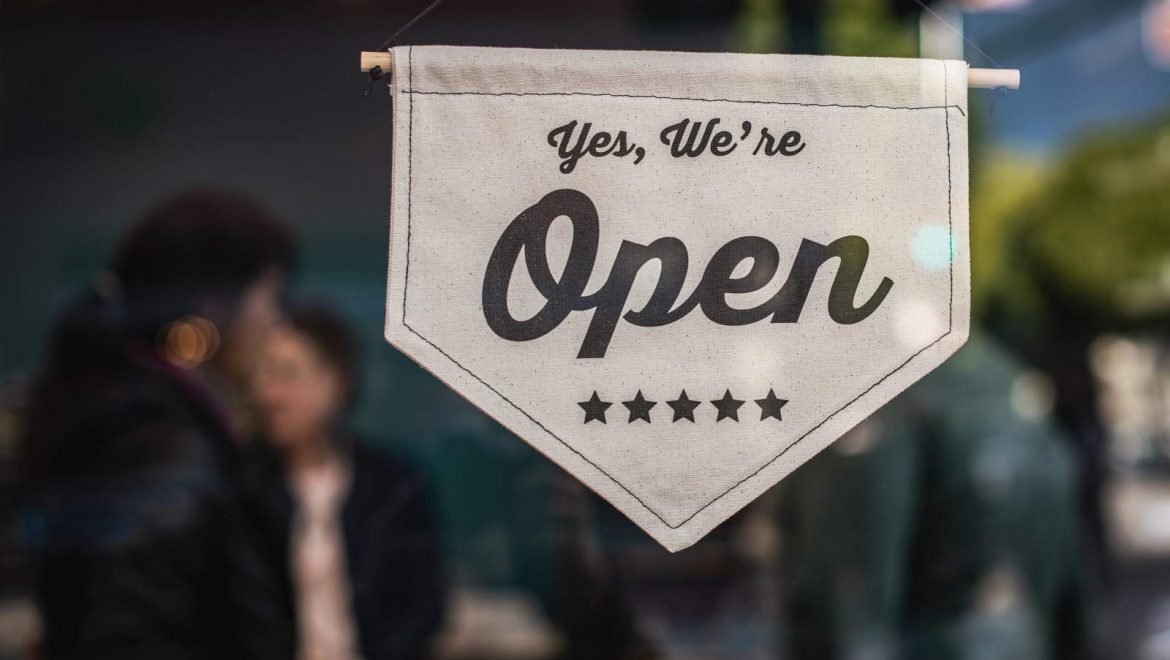
How hard is to keep your business going during the COVID-19 pandemic?
- Understand your current financial position
It’s essential to make informed decisions about your business based on your current financial position. Pending restrictions imposed by government, your ability to trade through this period, pay outstanding debts, keep employees or meet existing leasing or loan repayments will be determined by your financial position. Contact your accountant to discuss the various options which may be available and make a plan as to what you need to do to minimise the impact on your business. Cash flow is critical, especially if your existing income and trade has been significantly disrupted by COVID-19.
- Check your eligibility for government assistance
All Governments around the world announced several stimulus packages to help business owners manage the disruptions to their business. Search information on the internet or phone to your local government agency.
- Contact your bank and insurer
We recommend talking to your bank’s hardship team if you would like to discuss the options available if you need relief from any personal mortgages or loans.
- Communicate with your stakeholders
It’s important to communicate to all your stakeholders about what is happening with your business during the COVID-19 pandemic.
If you have staff, they need to understand what your plans and the likely impact on them. Be as calm and clear in what you are telling them as possible.
Follow up all your debtors to try and get any overdue payments in. You may need to consider negotiating, based on what they are able to pay in the current circumstances. Also communicate with your creditors to see what payments you may be able to defer. Review your trading terms to ensure that you obtain upfront payments (where possible) or a deposit for any new orders.
Keep your customers updated about your services, for example if your business is affected by restrictions, ensure you communicate as early as possible what this means for them. If you are encouraging customers to buy gift cards for goods or services to support your business, make sure you are up to date with recent gift card laws.
- Seek advice on deferring tax payments
Some Governments can grant you a deferral of certain tax obligations if your business is impacted by COVID-19. Call your local government authority or speak to your tax professional to discuss your options. Deferring payments may impact on your eligibility for other stimulus package options, so seek professional advice.
- See if your business can still operate
As the government has announced expanded restrictions to business activity and travel, check our list of the latest restrictions to see if your business can keep operating or if there are any changes you need to make to fit in with these mandatory requirements.
- Understand your options in relation to employees.
Familiarise yourself with your obligations as an employer. Has hard as it can be you must evaluate if stand down employees, redundancy information and changing work hours are measures you must do on your company.
- Check your licensing requirements
If you are running your business from home or have changed the way your business operates, you may need approval from your local government authority to carry out certain types of business operations. However, you may not need approvals for certain changes.
For example:
- If your restaurant is now offering takeaway instead of dine in food, using your commercial kitchen to prepare the food, no other approvals are necessary.
- If your hairdressing salon is now offering mobile services to your customers’ homes, you do not require an additional approval. However, check with your insurance broker that you are covered in this situation.
- If you are now running your business remotely from home, you do not need any approvals.
It’s advisable to check with your local government authority for specific advice on any change of use.
- Commercial leasing – talk to your landlord or call us for help
We encourage you to call your landlord to discuss what arrangements can be put in place regarding your lease, particularly if your business can no longer operate.
Most Governments announced moratoriums over a certain period of time for commercial and residential tenancies in financial distress who are unable to meet their commitments due to the impact of coronavirus. Also commercial tenants, landlords and financial institutions are encouraged to sit down together to find a way through this period to ensure that businesses can survive and be there on the other side.
- Build your networks
This is an important time to reach out to your networks for support and advice. Being able to keep some control over your situation is good for your positive mental health. Keep communicating with your support networks and speak with other small businesses to share ideas and innovative practices.
- Keep informed of changes
Given the peak volumes of calls to many government departments, being proactive in seeking out trusted sources of information is an important way that you can keep up with the latest developments on coronavirus information for small business owners.
In addition to our dealing with coronavirus information for small business owners, other trusted sources of information that you should regularly check for updates related to small business include.
12. Adapt and Plan the future
Last but not least you should consider to adapt your business to the new reality and look forward to what will be the next new challenges and start dealing with it. Check what measures we can implement ensure the consumers and employees confidence and health. Check BSAFE for more information!




0 comentários
Escreva um comentário